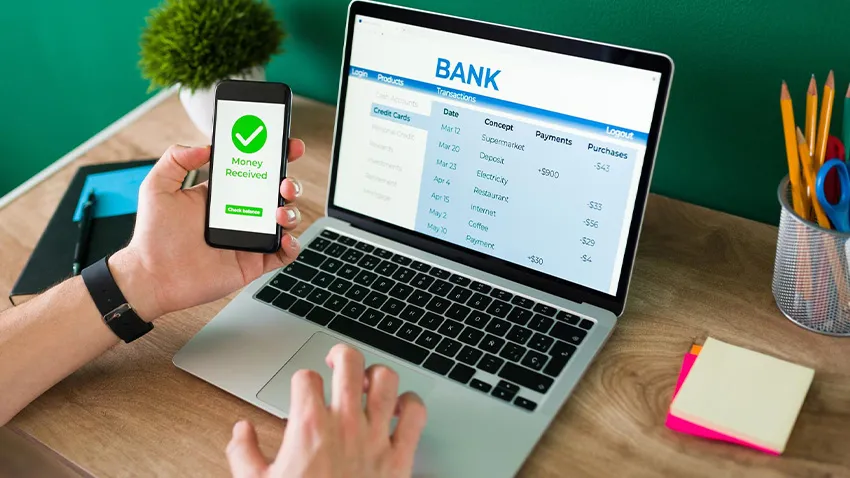Initiating the transfer of funds from your bank to your trading account is a fundamental step in the world of stock market transactions. Understanding the seamless process of transferring money ensures you have the necessary capital for trading activities. In this blog we will walk you through the essential steps to effortlessly transfer money from your bank to your trading account, empowering you to engage in the dynamic and ever-changing landscape of stock trading with confidence.
Table of Contents
How to Invest Using a Trading Account
To engage in investment activities through a trading account, it is essential to open an account with a registered broker, ensuring compliance with the Securities and Exchange Board of India (SEBI) regulations. Share India, as a comprehensive broker, enables trading across various segments and provides a conducive learning environment.
- A trading account facilitates convenient trading from any location, especially with the ease offered by stock trading apps for buying and selling securities.
- After successfully opening a trading account, the next step involves adding funds to it.
- Subsequently, you can place trade orders in the stock market through your trading account by specifying the asset number and its desired price.
- Once the order is placed, it is automatically registered on the exchange and executed when matched with a suitable buyer or seller.
- This automated process concludes with the settlement period for transactions, typically occurring within T+2 days.
Money Transfer From Bank to Trading Account
To start trading, your trading account must have funds in it. There are multiple ways to credit funds into your trading account.
Payment Gateway
Most banks in India provide online payment gateways that you can use. One can use net banking facilities to transfer funds into the trading account or use a debit card to ensure funds are immediately transferred into their Demat account. As per SEBI’s regulations, using a charge card or credit card is prohibited for adding funds to your online trading accounts. However, you should be aware that your broker may charge you for the addition of funds.
NEFT, RTGS, or IMPS
NEFT stands for National Electronic Fund Transfer, which is commonly used to transfer funds. A major advantage of this method is that there are no additional charges, although it takes about two to three hours for the funds to be transferred. If the bank account of the broker is the same as yours, funds can be transferred instantly once you add them as a beneficiary. You can carry out an online fund transfer or make use of the NEFT cheque. NEFT transactions have two-factor authorisation for safety purposes.
If funds worth two lakhs must be transferred, real-time gross settlement, or RTGS, which is similar to NEFT, can be used.
NEFT and RTGS transactions are restricted to operating hours from 9 a.m. to 6 p.m. To offer round-the-clock money transfers, the Immediate Payment Service (IMPS) was introduced, providing the flexibility to transfer funds at any time of the day.
Cheque or Demand Draft
This is a widely used offline method to transfer money into the trading account. The funds should be visible in your trading account within two or three days of the transfer. For a successful transaction, ensure that the funds you have to transfer are available and the cheque is signed correctly. You could face a penalty if your check bounces.
UPI
The widespread use of UPI has facilitated money transfers. There are multiple UPI applications you can use f to transfer money. They are linked to the bank account, and money can be transferred instantly into your trading account
Points to Remember
To ensure a smooth fund transfer process, it’s essential to consider the following precautions:
- Take a screenshot or download the statement of the payment made through online gateways, UPI, NEFT, IMPS, or RTGS.
- Retain a copy of the demand draft or cheque used for the transaction.
- Providing your broker with a copy of the proof may expedite the crediting process to your trading account.
- In case of disputes or fund transfer failures, having this proof can be immensely beneficial.
Conclusion
Transferring money from your bank to your trading account involves a straightforward process that begins with selecting a reliable broker like Share India. Once your trading account is set up, you need to learn the method of transferring funds, which typically includes adding money through online gateways, UPI, NEFT, IMPS, or RTGS. Keeping a record of payment statements, demand drafts, or cheques is crucial, and sharing proof with your broker can streamline the crediting process. Following these steps ensures a seamless and efficient fund transfer experience for your trading activities.

